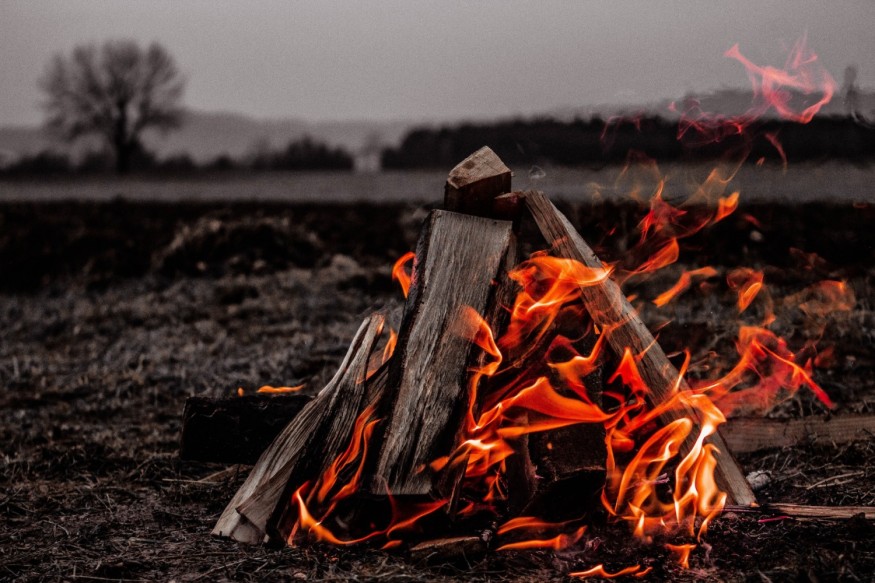The history of fire could be as old as the universe itself. Here on Earth, animal species react naturally to fire, but only humans have learned to make and control it. This ability is one of the most important technological advances in our evolutionary history, which set us apart from other species. But when did humans first discover how to use fire?

When Was Fire First Discovered?
Around 400,000 years ago, fire started to pop up much more frequently in the archaeological record across Asia, Africa, the Middle East, and Europe. Archeologists consider these fires widespread, though sites with evidence are still scarce.
Two isolated sites show that earlier humans used fires before 400,000 years ago. The site in Israel reveals flint, hearths, and burned wood fragments as old as 800,000 years. In another place called Wonderwerk Cave in South Africa, experts discovered evidence that early humans used fire about 1 million years ago. In that cave, scientists unearthed remnants of burned bone and plants and what appear to be hearths.
Although Wonderwerk is the earliest site where most scientists agree about the earliest use of fire, in theory, fire could have been used much earlier. Around 2 million years ago, the gut of Homo erectus began to shrink, indicating that digestion was made a lot easier by some factors such as cooking.
While their guts started to shrink, their brain was growing, which would require a lot of energy. Paleoanthropologist Ian Tattersall from the American Museum of Natural History suggests that such energy can be obtained from meat and vegetables cooked with fire.
According to archaeologist John Gowlett from the University of Liverpool, the discovery of fire was a long and convoluted process. He suggests that early hominins were undoubtedly aware of fires, just like how savanna chimpanzees are in the present. He further explains that rather than as an event, describing the discovery of fire as a set of processes that happened over the long term is better.
Early Uses of Fire
Regardless of when the fire was discovered, the human ability to capture and control wildfires or create fires of their own had a massive impact on the evolution of our species. By using fire, early humans learned to control their environment and make their lives more comfortable and less dangerous.
The warmth of fire enabled our early ancestors to migrate and settle regions of the planet that would otherwise have been too cold to inhabit. Learning to create fire also helped our ancestors from the attack of predators.
Regarding meal preparation, cooking food and boiling water allowed early humans to have a more varied diet and kill pathogens and parasites. Fire was also involved in making pots and bowls to cook in and eat from, which enabled our ancestors to enjoy a much wider diet.
Creating tools and more effective weapons were other key steps humans took to civilization. Archaeological findings suggest that fire was used in prehistoric times to harden wood, particular rocks, and forge metal.
When prehistoric humans built a fire on a cold night, they gathered around it to share its warmth and protection. Experts suggest that this habit helped humans become the social beings we are today.
Check out more news and information on Fire in Science Times.
© 2025 ScienceTimes.com All rights reserved. Do not reproduce without permission. The window to the world of Science Times.










